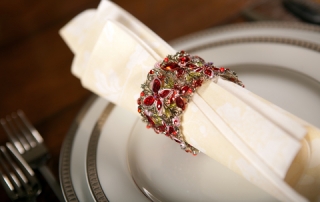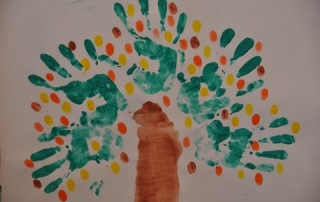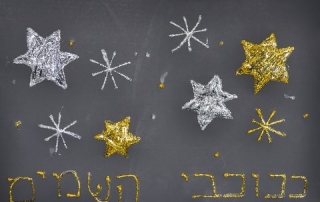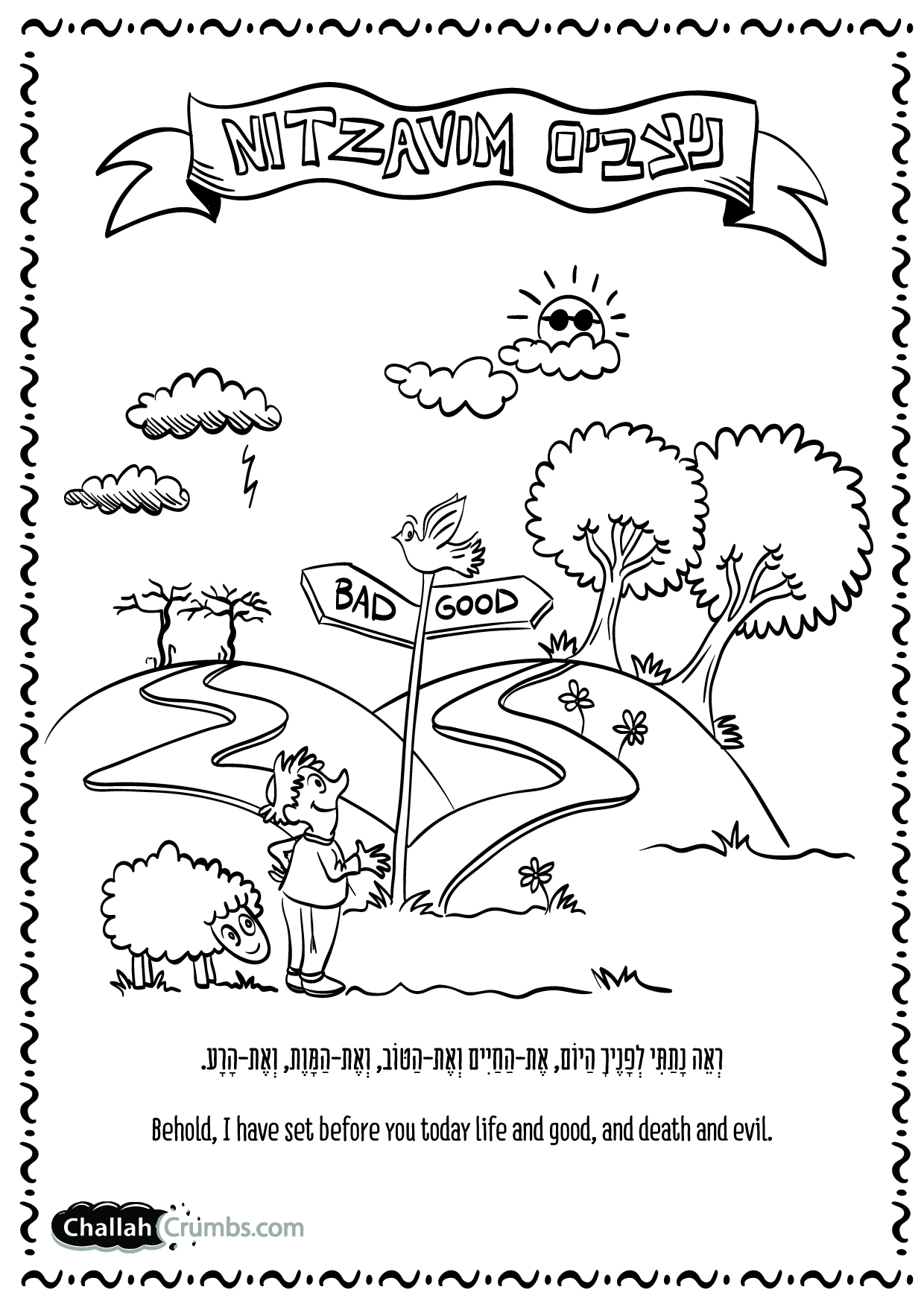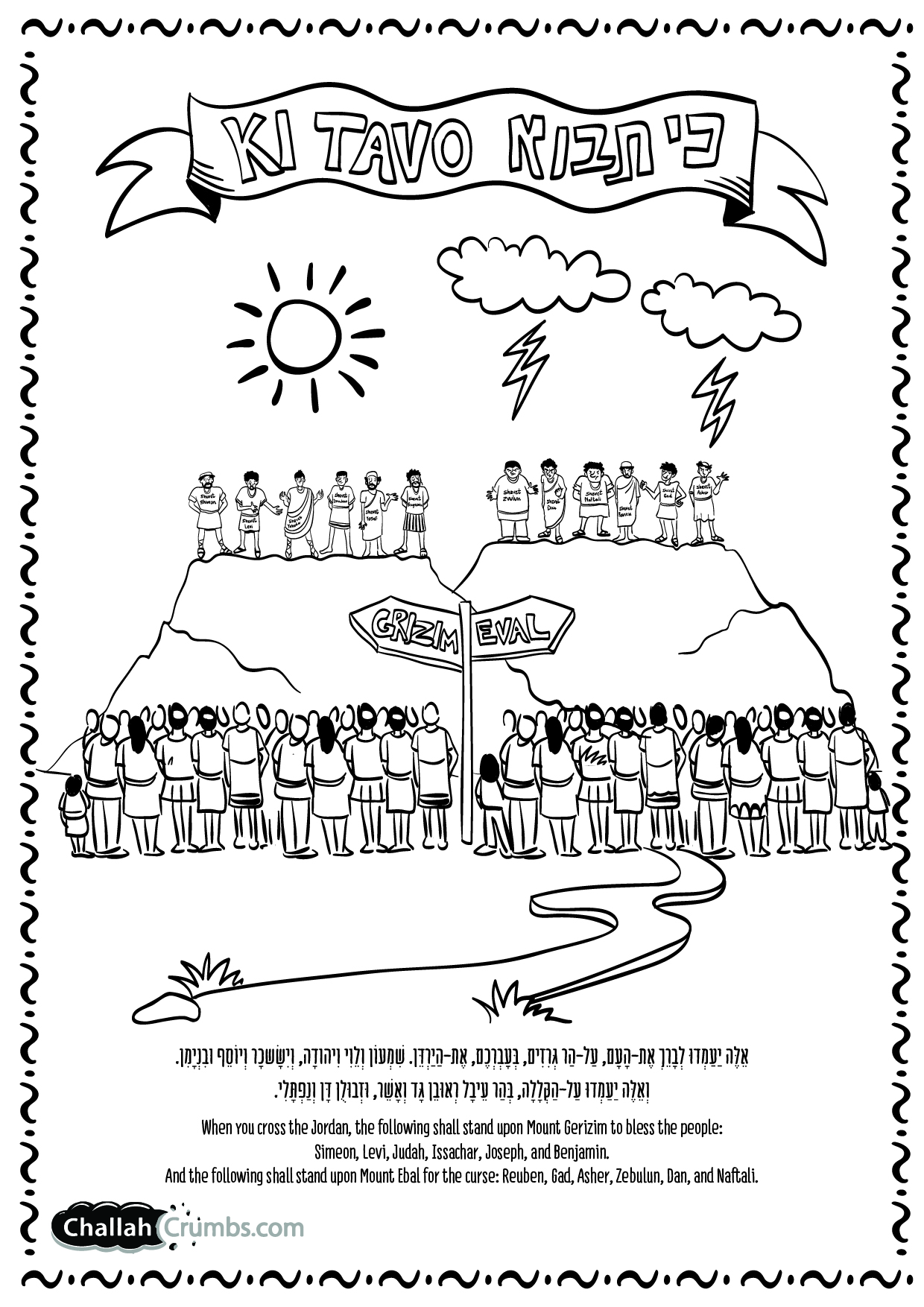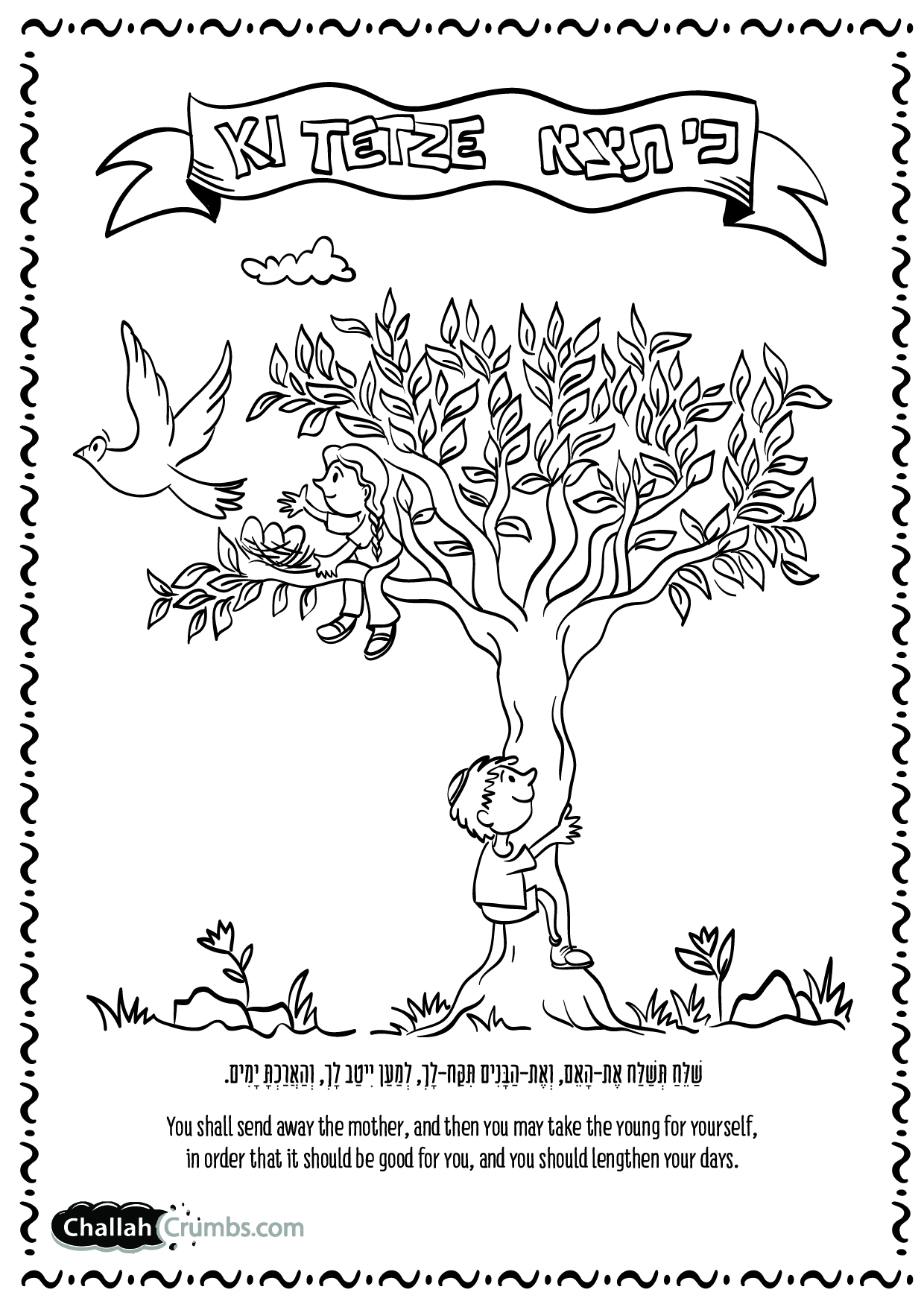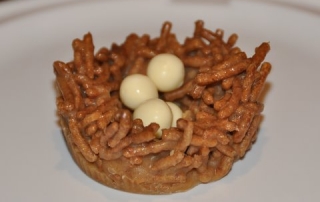TableTalk: Ki Tavo
In this week’s Parsha, Ki Tavo, we are given the text that the person bringing bikkurim, the first fruit, must recite. Read this recitation in Chapter 26 verses 3-10 and you will notice that it is a short history lesson. Why is this moment of offering first fruits, of all times, an appropriate time to be recounting history: how we got to Eretz Canaan and what we’ve been through as a people?

